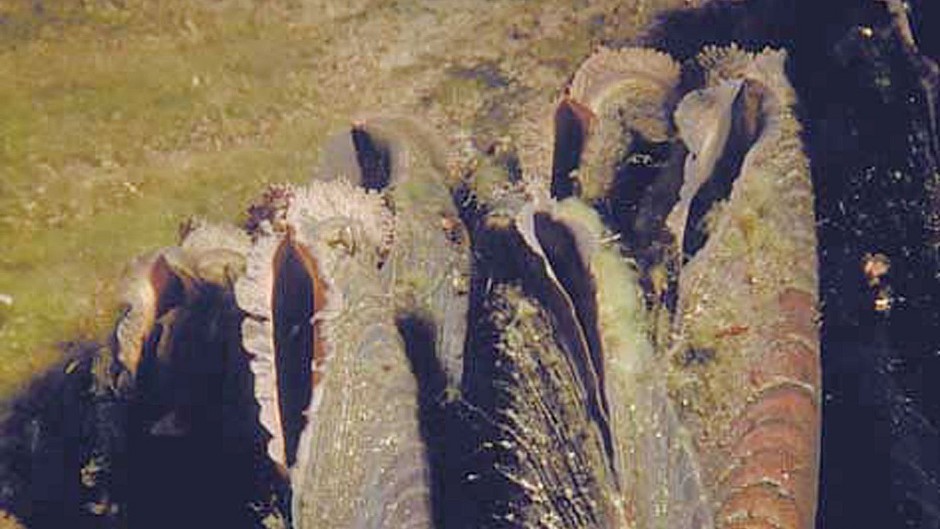Hundreds of thousands of pounds will be ploughed into preserving threatened wildlife in the Highlands.
A pot of Scottish Government cash will be shared across several projects, Scottish Natural Heritage (SNH) announced yesterday.
Critically endangered freshwater pearl mussels at two Highland sites will benefit from more than £85,000.
Trees for Life will use £46,000 to create a deer-proof enclosure to help establish a new native woodland for wildlife near Fort Augustus.
And in Caithness, Curlews in Crisis Scotland has been granted £156,000 to help the distinctive but dramatically declining bird population.
Scotland holds many of the world’s most important populations of freshwater pearl mussels.
However, the species is extremely rare in the country, mainly due to poor water quality, habitat damage and illegal pearl fishing.
The Kyle of Sutherland Fisheries Trust will focus on improving habitat for the mussels, both in the water and on the banks, working in a tributary of Loch Shin and at a small burn important for the molluscs on the Isle of Mull.
Non-native conifer plantations will be removed and more than 8,000 native, broad leafed trees will be planted across the two sites to provide shade and keep water temperatures down.
Boulders added at strategic points will improve flow conditions and help fish pass through more easily.
Trees for Life will create an enclosure, with conditions for a habitat connecting the River Moriston and its banks with highest elevation of Carn na Caorach, 2,000ft above sea level on the Dundreggan Estate.
Curlews in Crisis Scotland will help increase suitable breeding areas and reduce predation for Europe’s largest wader.
The project will focus on nine special sites in Caithness and a spot near Muirkirk in Ayrshire.
Environment secretary, Roseanna Cunningham, yesterday welcomed the funding pledges.
She said: “I am delighted that the Scottish Government and SNH can support these fantastic projects across the country to safeguard some of our most vulnerable species and habitats, and protect them from invasive species.
“Their success will play a crucial role in our efforts to improve nature and help Scotland meet its international biodiversity commitments.”
